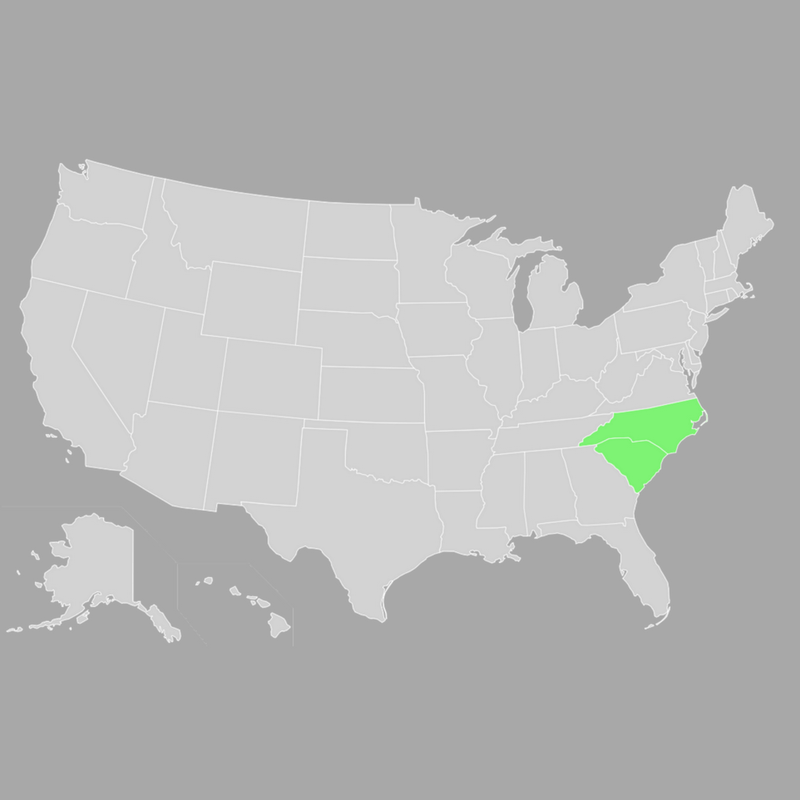A Tar Heel Tax Lesson for South Carolina
Recently, Dr. Rebecca Gunnlaugsson presented a research roadmap, commissioned by Palmetto Promise Institute, to reform South Carolina’s broken tax code. The goal: to create fairness for hardworking South Carolina citizens, stability to fund our promises and essential government services and economic growth that will create the jobs and opportunities of tomorrow.
Key takeaways from the presentation included:
– It’s URGENT: we are currently stuck in an “infinite loop” of an eroding base, high rates and unequal taxation. We face big funding problems in education, infrastructure, pensions and more. Our growing (and rapidly aging) population compound these problems.
– It’s about JOBS: we can’t keep losing ground to neighboring states around us like North Carolina who are relying less on economic incentives and instead modernizing their tax codes to attract business. (Of note: Area Development recently ranked South Carolina #1 in the nation in economic incentive giveaways.)
– It’s about the LITTLE GUY: working-class parents struggling to make rent payments and put food on the table and homegrown “mom and pop” businesses who somehow always seem to be the ones stuck footing the bill: whether it’s pensions, roads, failed energy projects…or a broken tax code.
– It’s POSSIBLE: we can use data not just to point out problems but to solve them. South Carolina did this (once again, harnessing the power of Dr. Gunnlaugsson’s research) to solve South Carolina’s Unemployment Insurance crisis a few years back. And as the following excerpted Wall Street Journal piece explains, North Carolina has shown that broad-based state tax reform is possible… with good data and the determination of leadership to make it happen.
After Tar Heels overhauled their code in 2013, the economy went on a tear — and so did state revenue.
In 2013, when I was speaker of the state House, North Carolina passed a serious tax-reform package. It was based on three simple principles: simplify the tax code, lower rates, and broaden the base.
We replaced the progressive rate schedule for the personal income tax with a flat rate of 5.499%. That was a tax-rate cut for everyone, since the lowest bracket previously was 6%. We also increased the standard deduction for all tax filers and repealed the death tax. We lowered the 6.9% corporate income tax to 6% in 2014 and 5% in 2015. Subsequent reductions were subject to a unique “safety valve,” which would trigger further tax cuts only if the state hit its targets for tax revenue. Since those targets were easily met, North Carolina’s corporate tax fell to 3% in 2017 and is on track for 2.5% in 2019.
We paid for this tax relief by expanding the tax base, closing loopholes, paring down spending, reducing the cost of entitlement programs, and eliminating “refundable” earned-income tax credits for people who pay no taxes.
The results over the past four years have been impressive by any standard. The Tar Heel State has gone from having the least competitive tax code in the region to having one of the most competitive in the nation, according to the nonpartisan Tax Foundation. More than 350,000 jobs have been created, and the unemployment rate has been cut nearly in half. The state’s economy has jumped from one of the slowest growing in the country to one of the fastest growing.
While overhauling North Carolina’s tax code now seems like a no-brainer, at the time it was difficult and highly controversial. Republicans controlled the governor’s mansion and both houses of the General Assembly, but there were disagreements within the GOP on how to implement tax reform. The key to success was keeping all options on the table until the full effects could be modeled. While heated debates occurred during the negotiations, lawmakers always pulled themselves back to shared principles. We made compromises and achieved consensus.
When droves of lobbyists and special interests were rushing to state legislators’ offices with their wish lists of exemptions, we made it clear that guerrilla tactics would not be well received and that our commitment to consensus was steadfast.
State revenue has increased each year since tax reform was enacted, and budget surpluses of more than $400 million are the new norm. North Carolina lawmakers have wisely used these surpluses to cut tax rates even further for families and businesses, to increase education funding, to raise teacher pay, and to replenish the state’s rainy-day fund.
In the end, the political disagreements, tense negotiations, and pleading from special interests were only bumps in the road. North Carolina is proof positive that successfully enacting tax reform reaps tremendous rewards: more growth, more jobs, more businesses and more revenue.
Excerpted from Tax Reform Transformed North Carolina, by U.S. Senator Thom Tillis, Wall Street Journal, September 20, 2017



